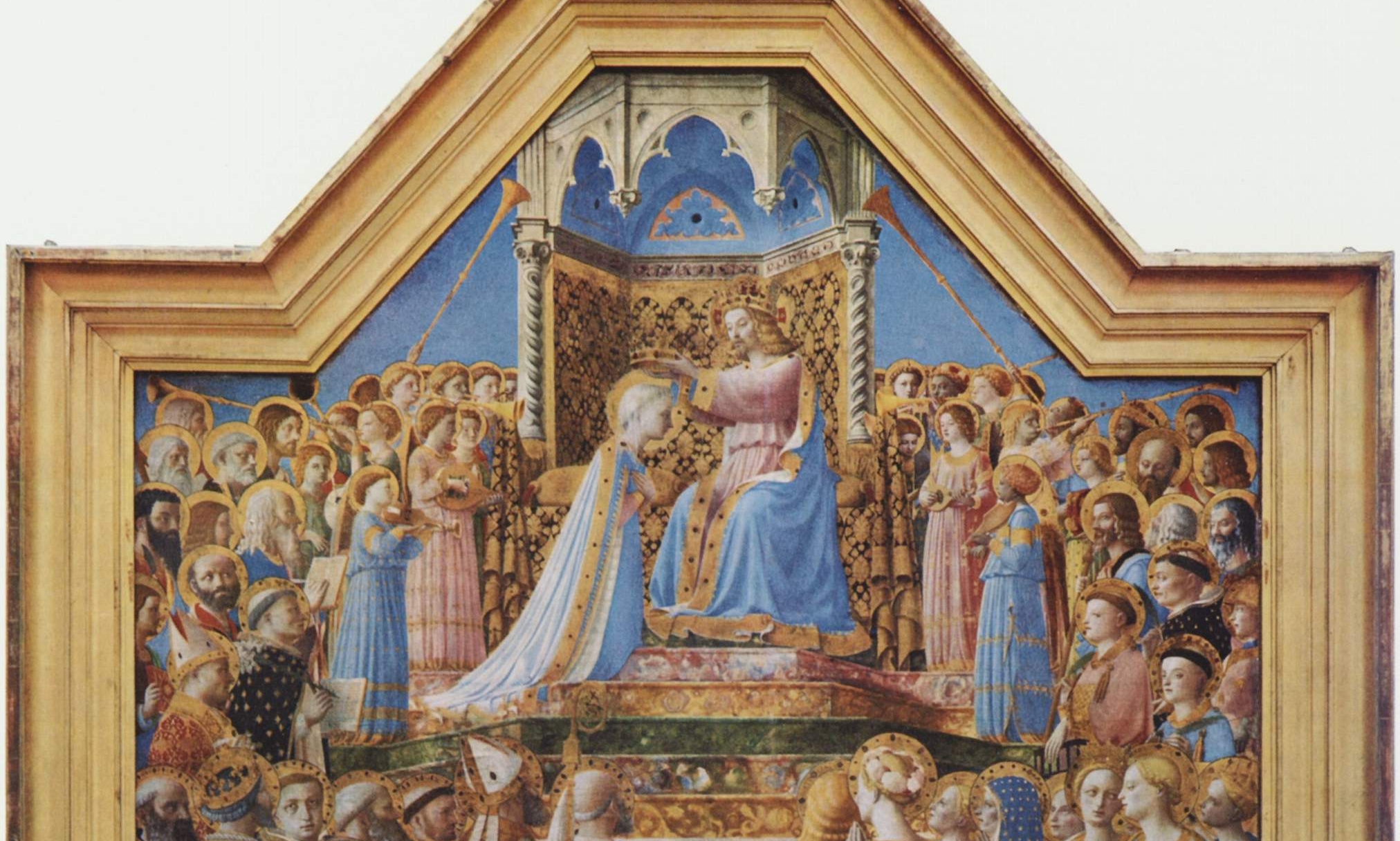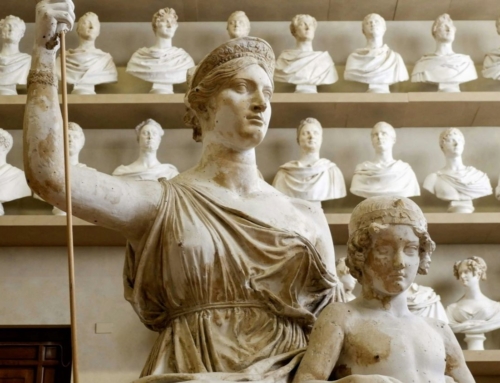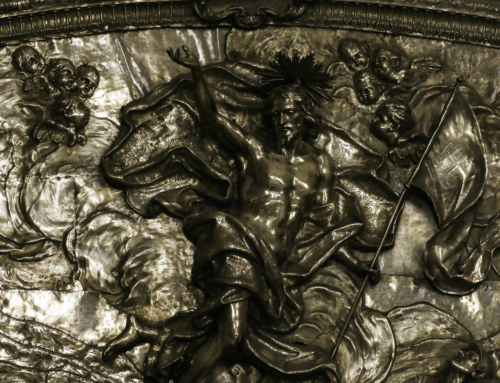A Conversation with Calvinists
Editor’s Note: This is the fourth and final installment of a four-part reflection on the topic of predestination. Read part one here, part two here, and part three here.
It is rare to meet Christians willing, even excited, to discuss predestination. Because of this, my providential encounter with Michael and Gabriel reminded me of an important truth. Despite all the subtleties and distinctions necessary to articulate the doctrine, especially to avoid errors concerning free will or reprobation, the mystery of predestination is ultimately about the superabundant goodness of God.
To see this, we have to take a few steps back. God does not need the world. God is perfect, and he is perfectly happy regardless of whether he creates or not. So why did God create the world? Saint Thomas says that God, in creating, “intends only to communicate his own perfection, which is his goodness” (ST Ia., q. 44, a. 4, co.). Every creature, whether material or spiritual, is an effect of this creative self-communication of God. Yet, God’s generosity is not limited to the production of the natural world. The Holy Trinity chooses to share a goodness beyond the reach of any creature: eternal beatitude, supernatural happiness. Predestination is nothing other than God’s eternal plan to share his own happiness with creatures.
Considered this way, predestination is no longer some esoteric preoccupation of theologians better left unmentioned from the pulpit. No. Predestination is the reason we exist. “We know that all things work for good for those who love God, who are called according to his purpose” (Rom 8:28). Saint Paul promises far more than just consolation to those who endure hardships. The “purpose” he mentions is nothing less than the glory God will bestow upon those “predestined to be conformed to the image of his Son” (Rom 8:29), and everything is guided by that purpose.
We should not only think about and ponder this mystery, though. We should live it. But, you might ask, how do we live this mystery? It’s not like the Eucharist, which we consume in Holy Communion, or the audible absolution that we hear in Confession. These mysteries touch us when Christ comes to meet us in the sacraments. There is already something tangible about these mysteries because of the physicality of sacraments. Predestination, on the other hand, exists as a plan in the mind of God, a plan to create the world so that his own happiness may be given to lowly creatures. If we are to live in this mystery, we have to connect with it in a different way.
Living this mystery does not mean wondering with anxiety about whether or not we have been chosen from all eternity, nor does it allow us to become fatalistic about what will happen to us. We live the mystery of predestination by pursuing the same goal that God had in creating us in the first place: eternal happiness with him in heaven. That’s why God instructs and exhorts us in his revelation. He wants to teach us about this purpose and how to get there. He comes to us and lives in us to empower us to reach it. Saint Peter puts it this way:
“His divine power has bestowed on us everything that makes for life and devotion, through the knowledge of him who called us by his own glory and power. Through these, he has bestowed on us the precious and very great promises, so that through them you may come to share in the divine nature, after escaping from the corruption that is in the world because of evil desire. … Therefore, brothers, be all the more eager to make your call and election firm, for, in doing so, you will never stumble.” (2 Peter 1:3-4, 10)
Saint Peter does not think we change God’s eternal plan by participating in it. That’s not how providence or predestination works. However, the Scriptures are clear in saying that we are really responsible for our eternal destiny and real agents in attaining it. We are not mere spectators but participants relying on God’s grace. We can “make [our] call and election firm” by living the mystery of predestination, which is to be steeped in the superabundant goodness of God’s love.
✠
Image: Fra Angelico, Coronation of the Virgin







